Keynote Speaker I
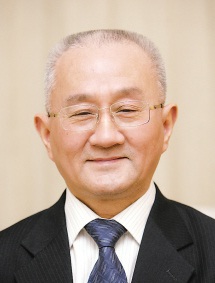
Prof. Yusheng Xue
Academician of Chinese Academy of Engineering
State Grid Electric Power Research Institute, China
Keynote Speaker Ⅱ
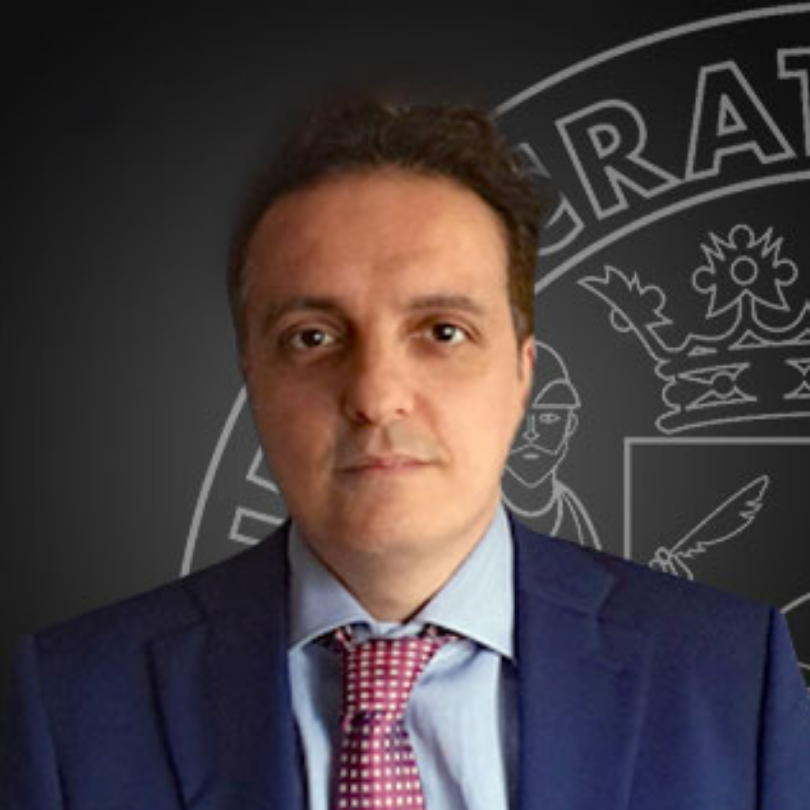
Prof. Pierluigi Siano
University of Salerno, Italy
Biography: Pierluigi Siano (Senior Member, IEEE) received the M.Sc. degree in electronic engineering and the Ph.D. degree in information and electrical engineering from the University of Salerno, Salerno, Italy, in 2001 and 2006, respectively. He is currently a Full Professor of electrical power systems and the Scientific Director of the Smart Grids and Smart Cities Laboratory, Department of Management and Innovation Systems, University of Salerno. In these fields, he has co-authored six international books, and more than 800 articles including more than 500 articles in international journals, which have received more than 36000 citations on Scopus, achieving an H-index of 89. His research interests include centered on demand response, energy management, the integration of distributed energy resources into smart grids, electricity markets, and the planning and management of power systems. Since 2019, he has been awarded as a Highly Cited Researcher by the Web of Science Group. He has been the Chair of the IES TC on Smart Grids. He is an Editor of the Power and Energy Society Section of IEEE Access, IEEE Transactions on Power Systems, IEEE Transactions on Industrial Informatics, IEEE Transactions on Industrial Electronics, and IEEE Systems.
Speech title: IoT based Methods and Architectures for Demand Response in Smart Grids
Abstract: In the last decades, the innovation in the new renewable energy technologies, the incentives to renewable sources usage and the introduction of the Information and Communication Technologies (ICTs) have been some of the drivers to the restructuring of the electric power industry. One of the main innovations in the electrical energy management has been the introduction of smart grids, which are electric grids integrating advanced sensing technologies, control methodologies and communication infrastructures. In this way the interaction of all connected users with the objective of efficiently managing the variation of load demand is facilitated. At the distribution level, the smart grid concept is realized by microgrids, electrical networks composed of small scale independent power producers, Distributed Generators (DGs), local storage devices and controllable loads managed by hierarchical system control architecture in a small geographical area. In this complex environment, an essential role is played by Demand Response (DR) which denotes variations of the electric consumption by users in response to the energy price changes over the time, or in the presence of financial incentives and reliability signals.
Keynote Speaker Ⅲ
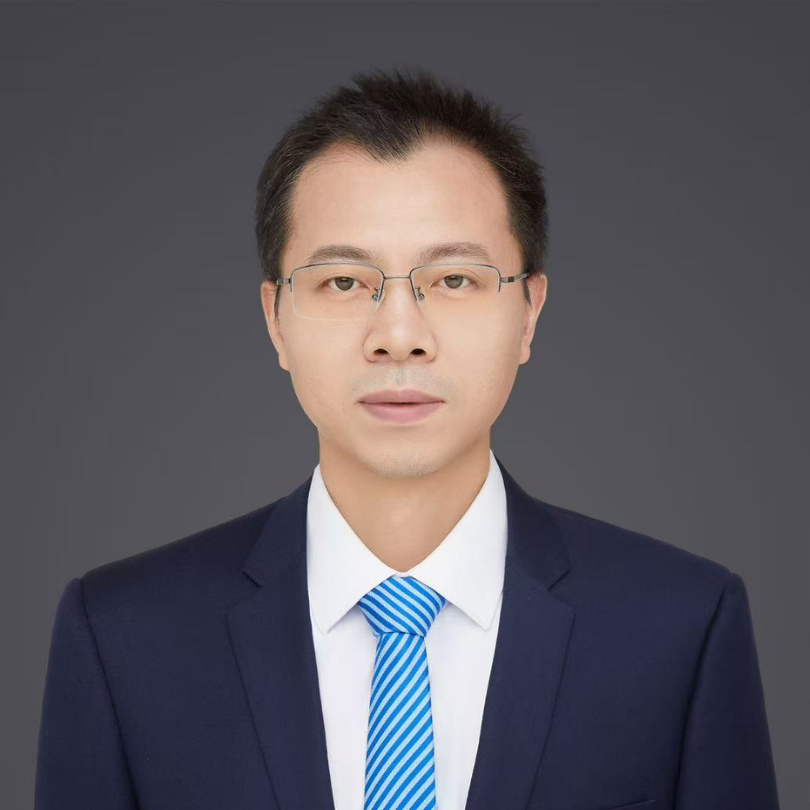
Prof. Wei Xu
IEEE Fellow, IET Fellow
Institute of Electrical Engineering,
Chinese Academy of Sciences, China
Biography: Prof. Wei Xu has mainly focused on design and control for linear machines and drives since 2005. He received the double B.E. degree from Tianjin University (TJU), China, in July 2002, and M.E. degree from TJU in March 2005, and the Ph.D. degree from Institute of Electrical Engineering, Chinese Academy of Sciences (IEECAS), in July 2008, respectively, all in electrical engineering. From 2008 to 2012, he made Postdoctoral Fellow with University of Technology Sydney, Vice Chancellor Research Fellow with Royal Melbourne Institute of Technology, Japan Science Promotion Society Invitation Fellow with Meiji University, respectively. From October 2013 to December 2023, he was Professor with Huazhong University of Science and Technology, China. Since January 2024, he has been Professor and Director for State Key Laboratory. Prof. Xu has been one IEEE Fellow since 2024, and one IET Fellow since 2018. He is the General Chair for 2021 International Symposium on Linear Drives for Industry Applications (LDIA 2021) and 2023 IEEE International Conference on Predictive Control of Electrical Drives and Power Electronics (PRECEDE 2023). He is the funding chair for Wuhan Chapter in IEEE Industrial Electronics Society, and one International Steering Committee member for LDIA. He has been (associate) editor for over 10 IEEE Journals, including IEEE Transactions on Industrial Electronics, IEEE Transactions on Power Electronics, and so on. Till March 2024, Prof. Xu has published over 190 journal papers in IEEE Series, and 4 books, and been granted for over 150 Invention Patents, which has been cited by over 12,000 times with H-index 54 based on Google Scholar.
Speech title: Advances in Design and Control for Linear Induction Machines and Drive System
Abstract: Linear induction machines (LIMs) have found more and more applications due to some advantages of direct drive with smaller volume, strongeracceleration/deceleration, lower maintenance and noise, etc. compared to rotary induction machines (RIMs). Firstly, main differences between LIMs and RIMs will be highlighted, focusing on the aspects end effects in details. Design criteria of LIMs will be specifically exposed, emphasizing the main differences with the classic rotating induction motor design, caused by the presence of end effects, large air-gaps, half-filled slots, high leakage inductances, etc. Afterwards, in order to improve the working efficiency, it will share advancements in the accurate modelling, loss minimization control strategy, multi-objective optimization technique, etc. for LIMs and drives. Researchers and engineers from electrical, mechanical and information fields may find this lecture very useful when dealing with transportation motor and drive related design, control, system integration, which can be extended to other industrial applications.
Keynote Speaker Ⅳ
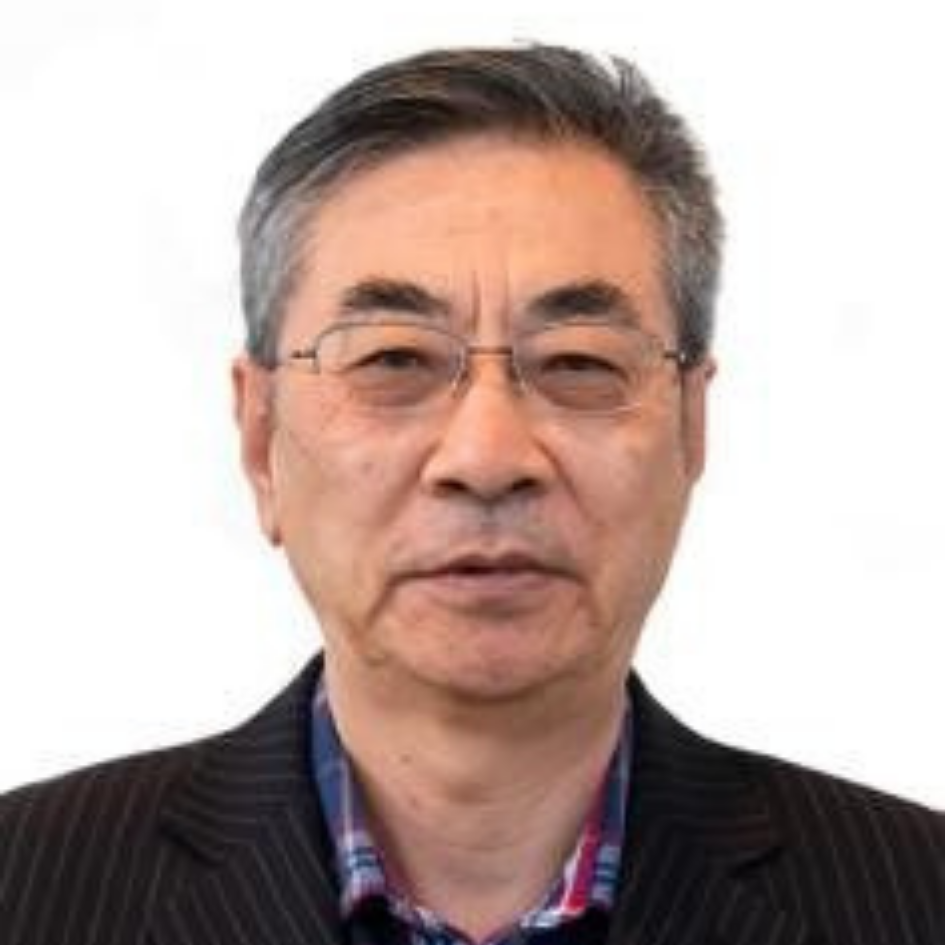
Prof. Jianguo Ma
IEEE Fellow
Zhongyuan University of Technology, China
Biography: Dr. Ma obtained his doctoral degree in Electronic Engineering in 1996 with Duisburg University of Germany (now Duisburg-Essen University), and in 1997 - 2005 he was with Nanyang Technological University (NTU) of Singapore as an Assistant Professor and Associate Professor working on RFIC, he was the Director for the Center of IC Design of NTU in 2002-2005. Since 2005 he has been with University of Electronic Science and Technology of China, Tianjin University, Guangdong University of Technology, Zhejiang University, Zhijiang Lab, and since April 2024 he is the Academic Vice President of Zhongyuan University of Technology. His research interests are RFIC/MMIC, Microwave & Terahertz Microelectronic Systems, and AI-Aided RF Integrated System Modeling & Optimized Designs. He has published 247 SCI journal papers on those fields. He has served as the Editor-in-Chief for IEEE Transactions on Microwave Theory and Techniques (2020-2022), Member of the Editorial Board of Proceeding of the IEEE (2013-2018), Associate Editor of IEEE Microwave and Wireless Components Letters (2003`2005) and Associate Editor of IEEE Microwave Magazine (2018-now). He is a Fellow of IEEE.
Speech title: Modification of Shannon's Formula
Abstract: The classic Shannon's Formula defines the maximum channel capacity to transmit information theoretically, which has been called as the Shannon's Limit and forms the fundamental basis for traditional communications. The advanced mobile/wireless communications have been claimed to approach the Shannon's Limit already. Currently, 6th-generation (6G) of mobile/wireless communication has been planned to launch commercially in 2030 and it is a general common understanding that the Shannon's Limit should be broken. Therefore, the classic Shannon's formula have to be modified at least. In this talk the classic Shannon's Formula has been modified and for the first time the Maxwell's Equations have been coupled with the classic Shannon's Formula.
Invited Speaker Ⅰ
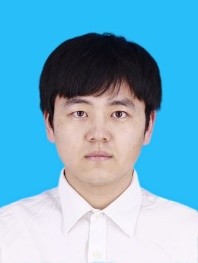
Assoc. Prof. Zhe Zhang
Xi'an University of Architecture and Technology, China
Speech title: Research on Response-Driven Power System Voltage Stability Assessment and Control Strategy
Abstract: With the leap-forward growth of new energy sources such as wind power and photovoltaics in China, high-voltage direct current transmission projects continue to be put into operation, forming the world's largest and most complex power grid. The characteristics of weak immunity and reactive power support capability of power electronic equipment aggravate the risk of transient voltage instability and overvoltage phenomenon after AC and DC faults. For the voltage stability emergency control scenario, considering the extreme operation mode, the mismatch mechanism of pre-scheme control measures is revealed, and the adaptive start-up mechanism of response-driven control is designed. By predicting the improvement of voltage stability level after each control measure, the sensitivity of response-driven emergency control measures is determined, and the emergency control optimization strategy considering the actual operation constraints of power system is obtained. In addition, for the overvoltage prevention control scenario, based on the knowledge-data fusion overvoltage prediction model, the mapping relationship between the control quantity and the overvoltage level in the flexible and variable operation mode is established. The overvoltage suppression effect of each control measure is evaluated by predicting the overvoltage level before and after the adjustment of control quantity, and the optimization strategy of overvoltage prevention control is obtained by combining the results of prevention control sensitivity.